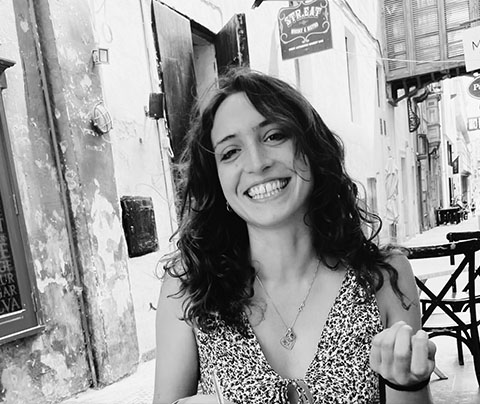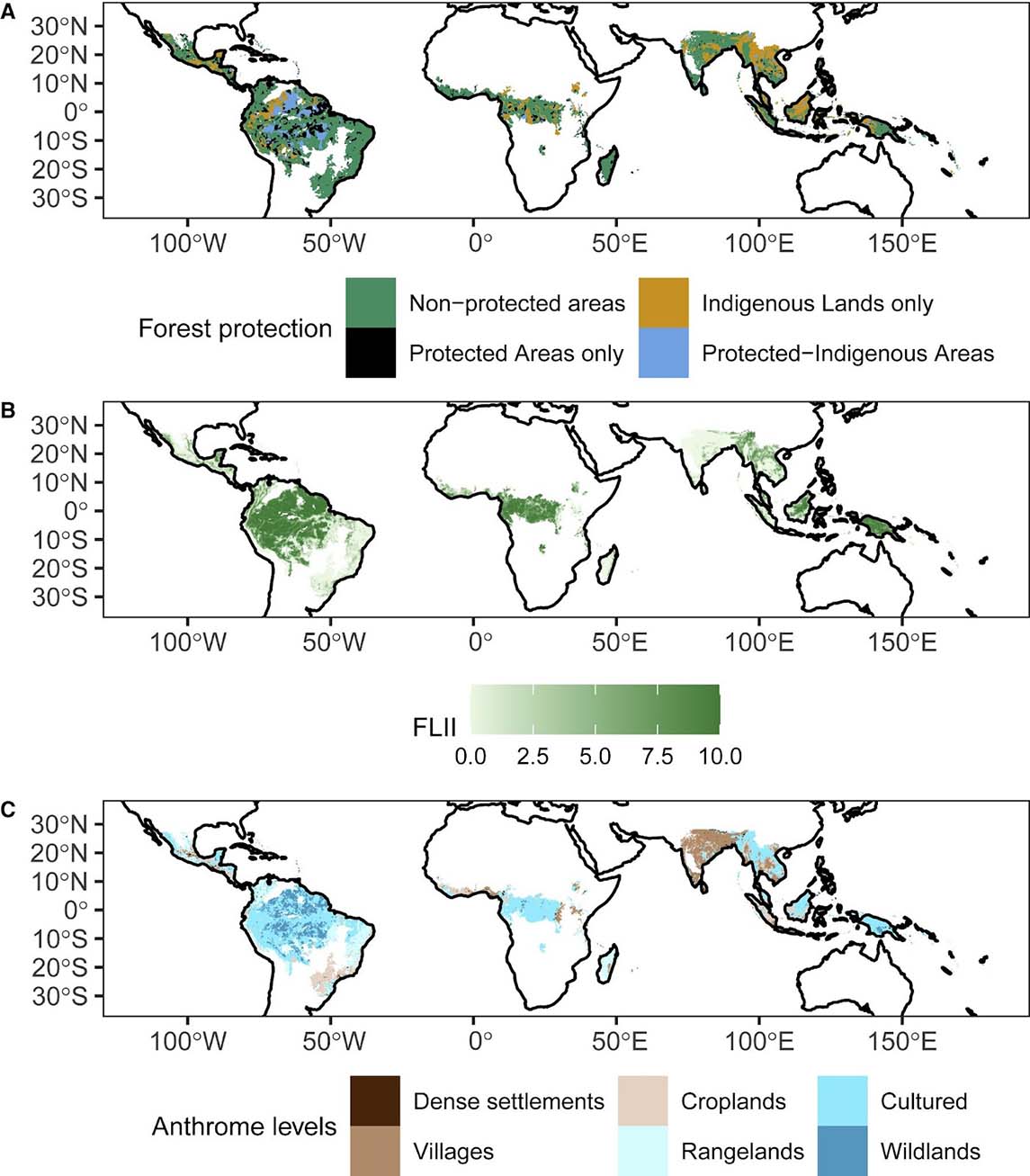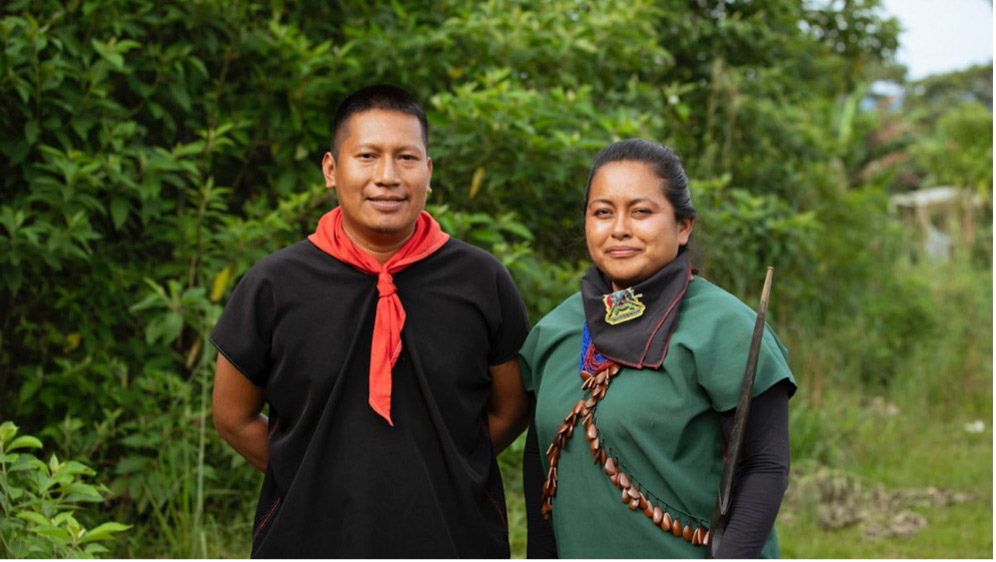‘’He could read.
He possessed the antidote to the deadly poison of old age.
He could read.”
Life and activism
In this tale, as in many others of his books, Sepúlveda also tells us about his personal experience: born in Chile in 1949, he spent his life in different countries (including Ecuador, Bolivia, Brazil, and Paraguay) guided by his emotional turmoil and the political movements in the 1970s and 1980s.
Indeed, the author, after graduating in Theater studies, took part in the GAP (Grupo de Amigos Personales) protecting Salvador Allende, Chile’s president at the time. This choice, two years later, would cost him a life sentence – due to Pinochet’s dictature – that was avoided also thanks to the collaboration of Amnesty international, and turned into eight years of exile and two years of imprisonment.
At the end of his incarceration, during which he suffered torture, the author joined a UNESCO mission, thanks to which he had the opportunity to spend seven months with the Shuar’s tribe to study the impact of modern society on them. He was extremely fascinated by the strength of the bond that the natives had with the forest and with nature.
The environmental commitment is, in fact, the framework and substance of several of Sepúlveda’s novels, including his most famous The Story of a Seagull and the Cat Who Taught Her to Fly (1996), which focuses on the environmental disaster caused by oil dispersion into the sea. The story has later been made into an animated film.
Luis Sepulveda. (Photo: La Repubblica)
Environmental threats in Ecuador and hopes for the future
Nowadays the integrity of Ecuador’s territory is threatened by oil industries, which are deforesting the Amazon and contaminating the marine ecosystems, putting at risk the rich biodiversity of the area.
Ecuador’s surface includes 120.000 square km of Amazon rainforest; prosperous coastal and maritime areas where a new coral reef has recently been discovered.
From a geographical point of view, Ecuador is divided into four regions, each of them with different peculiarities: the Sierra, the coast, the eastern part and the Galápagos. The latter, in turn, give life to disparate habitats, such as the biogeographical region of Chocó in the northwest, recognized as one of the areas with the greatest biodiversity on the planet.
Recent studies have demonstrated that, in addition, forests managed by indigenous people are often better conserved. In this regard, certainly Ecuador can count on the precious help of Alex Lucitante and Alexadra Narvaez, climate activists winners of the Goldman Environmental Prize (also known as the Green Nobel), whose success has made it possible to save, in 2022, 32 hectares of virgin forest, obtaining the cancellation of 32 land concessions taken from the gold miners and mining companies and then returned to the Indios.
In addition to legal action, the activists have engaged in the monitoring and mapping of the territory, and have helped create an indigenous people’s union, the Alianza Ceibo, an online report of the actions taken, explained firsthand by those who have been part of them.
These people’s lives are deeply inspiring, and their strength following their ideals counts them among the greats of our time, among the dreamers that, in turn, with their own strength, have inspired Sepúlveda.
Quoting the author’s words: “Traveling the length and breadth of the world I have met magnificent dreamers, men and women who stubbornly believe in dreams. They keep them, cultivate them, share them, multiply them. I humbly, in my own way, did the same..”
Luis Sepúlveda left us three years ago, but we have much left of him: may his words continue to travel many more hearts, and may his books always teach us to continue to fight to defend the environment and the rights of its inhabitants.
Alex Lucitante and Alexandra Narvaez (Photo: Goldman Environmental Prize)

Graduated in Modern Literature (UniVe), she is continuing her studies with a master’s degree in Environmental Humanities. Close to environmental and geopolitical issues, she finds in Atmosphera Lab, with which she is pleased to collaborate, an opportunity to deepen and share issues dear to her heart.









